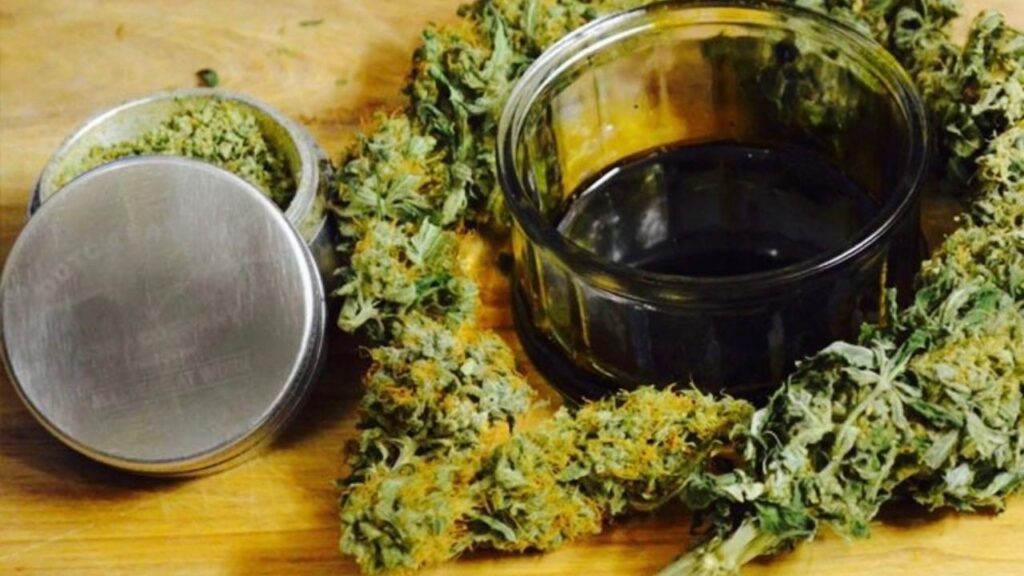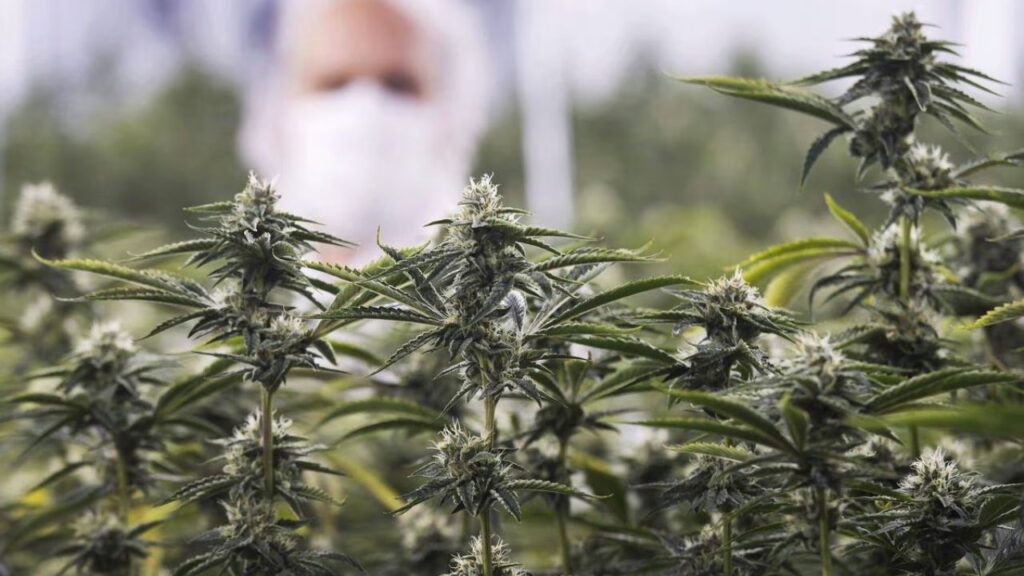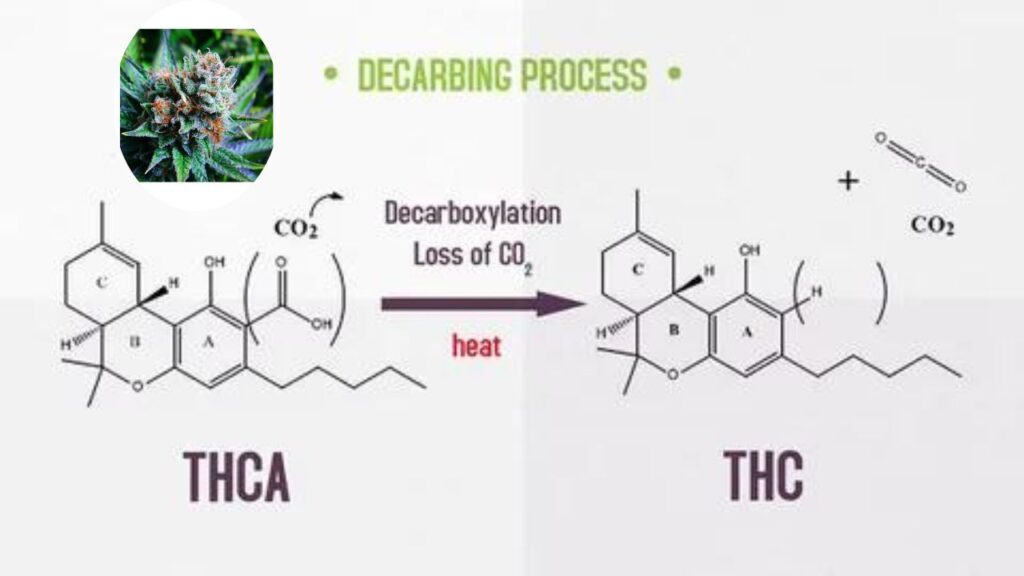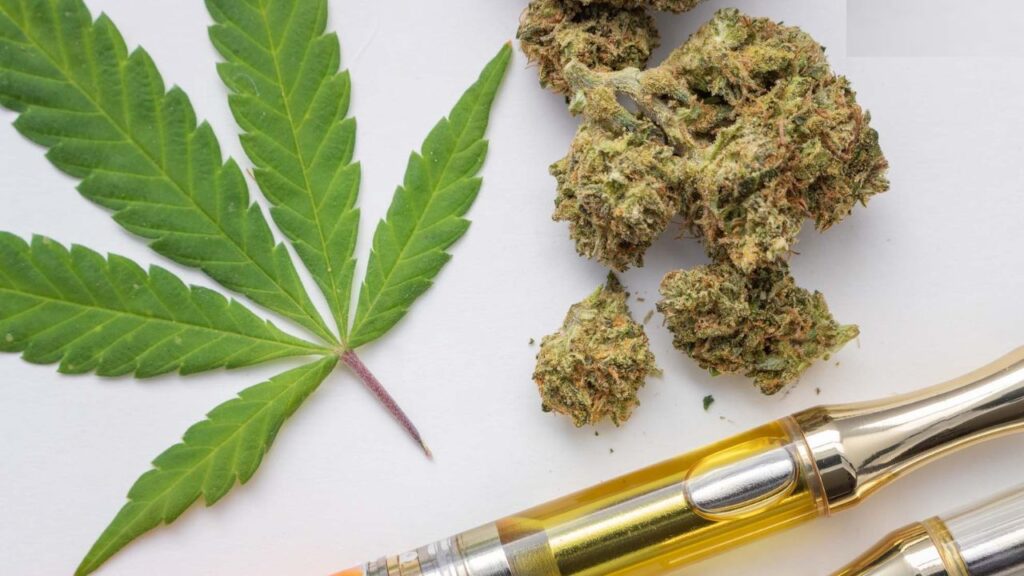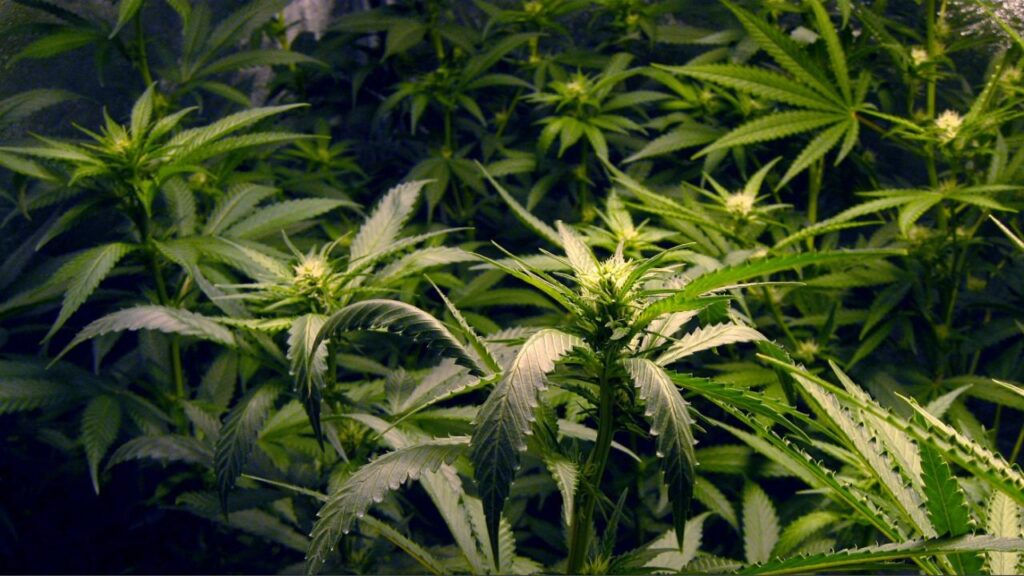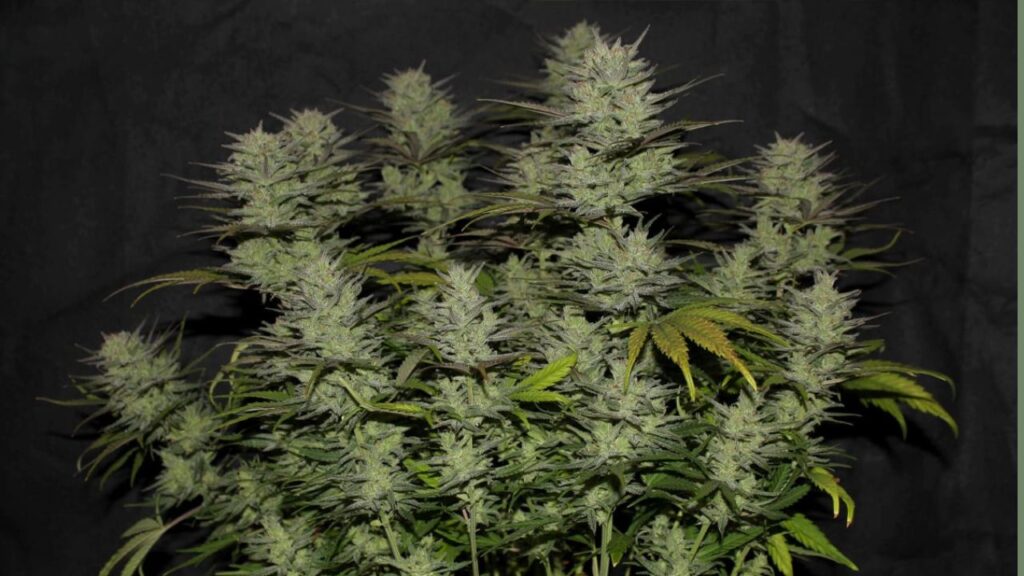The Essence Of Cannabinoids THC Farmer Of CBD
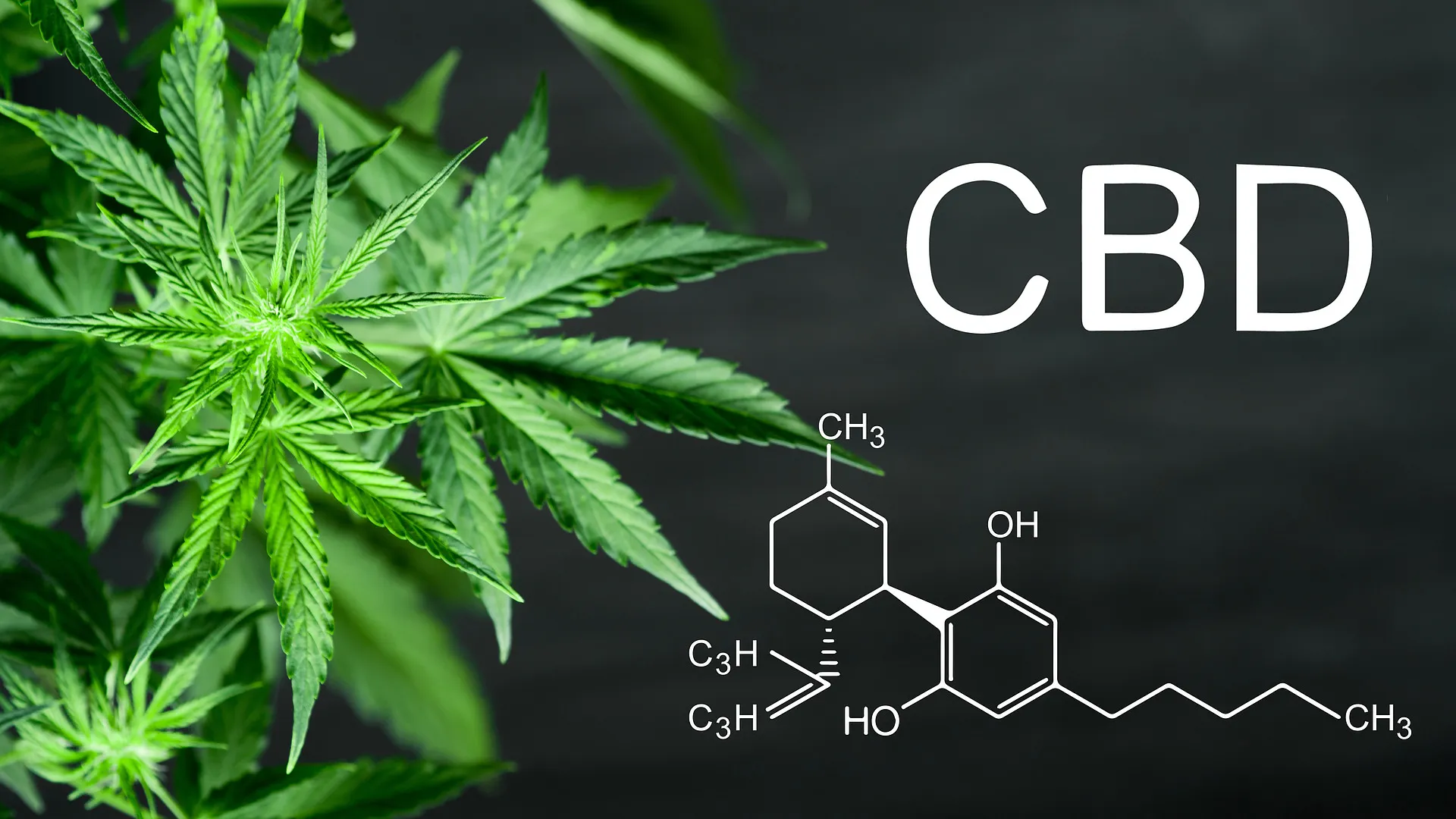
The dynamic field of holistic health and wellness, thc farmer is an amazing path that returns us to the source of nature’s abundant healing powers. The fascinating book “Cultivating the Essence of Cannabinoids: The Farmer of CBD” takes us on this trip and delves into the fascinating world of CBD, one of nature’s most amazing gifts to humanity. Cannabis forums story takes place in verdant fields where hardworking farmers cultivate and gather the essence of cannabis. Thc farmer is a narrative that unites science and culture, showcasing the great potential of CBD to enhance well-being and the people who have dedicated their lives to its production.
Come along on a fascinating journey as we follow the history of CBD from seed to product and learn about the enthusiasm, craft that these contemporary environmental stewards bring to their work. “Cultivating the Essence of Cannabinoids: The Farmer of CBD” pays homage to the harmonious relationship that exists between people and plants, where well-being develops from healing.
The Basics
Cannabidiol, or CBD, has swept the wellness sector off its feet. The committed CBD farmers are at the centre of soft serve sherbet strain burgeoning sector. These growers are essential to the production of premium CBD products that are becoming more and more well-known due to their possible health advantages.
When hemp plants reach maturity, they are harvested, and the leaves and flowers are used to extract CBD. Then, other CBD products like oils, tinctures, edibles, and lotions are made using this extract. To ensure that customers may confidently experience the potential benefits of CBD, farmers play a crucial role in developing safe and strong CBD products.
What is CBD and Why is it Popular?
Cannabidiol, or CBD for short, is a substance that is present in cannabis plants. In contrast to its relative thc farmer , CBD lacks psychoactivity in a “high.” Rather, it is praised for its possible medicinal advantages. CBD has become very popular for a number of reasons.
First off, studies indicate that CBD may help with a variety of conditions, such as epilepsy, pain, and anxiety. Numerous individuals claim to have found relief without any of the negative side effects connected to conventional drugs. Additionally, CBD is accessible and practical for a range of tastes since hemp bombs cbd capsules comes in a variety of forms, including oils, capsules, candies, and creams.
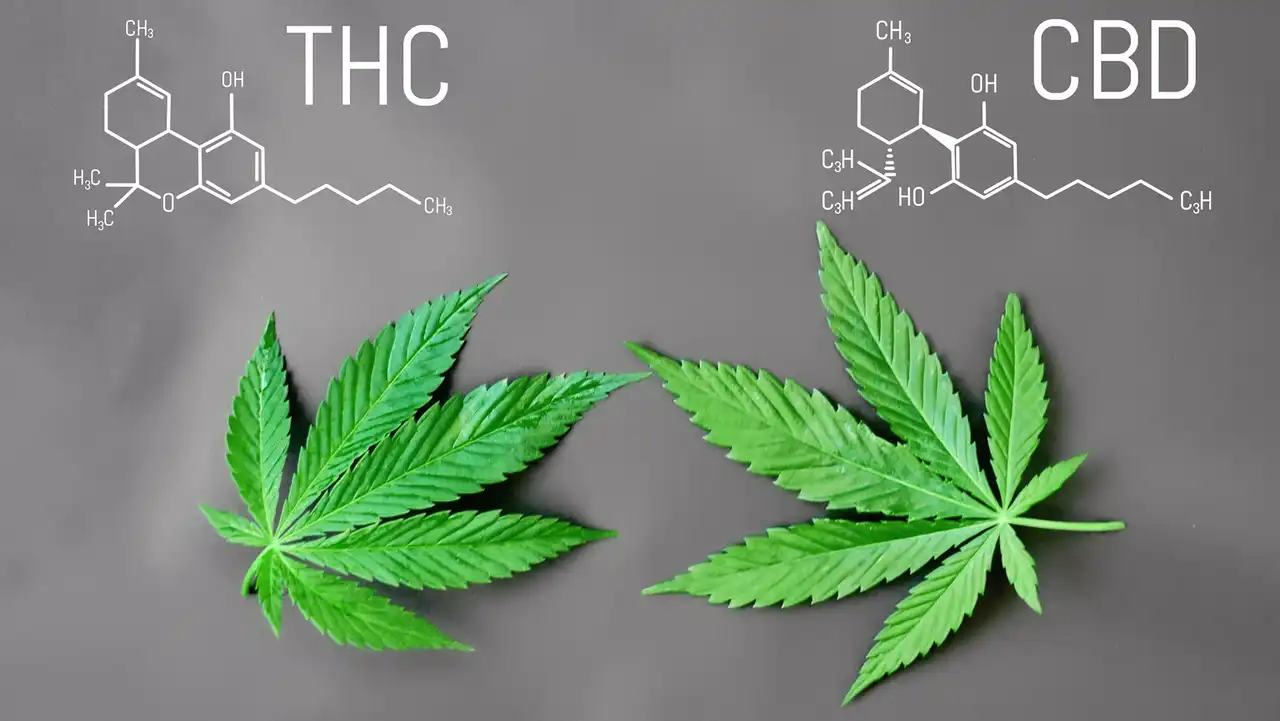
Since CBD normally has less than 0.3% THC, hempcrete texas is legal in many states, which contributes to its appeal. Due to its legal status, the market for CBD products is expanding and drawing customers looking for natural solutions to meet their wellness and health demands.
In summary, the possible health advantages, adaptability, and legal accessibility of CBD have contributed to its rise to notoriety, making it a sought-after treatment in today’s wellness environment.
The Role of THC Farmers
The psychoactive component of cannabis plants that gives them their mind-altering properties is called tetrahydrocannabinol, or THC. THC farmers play a critical part in the production of these plants. In the cultivation of cannabis for medical and recreational uses, these growers are essential.
THC farmers are in charge of choosing and producing certain cannabis strains with the right amounts of THC, making sure the right circumstances are met, and keeping an eye on the plants as they develop. They need to understand genetics, horticulture, and cannabis growing methods in order to increase thc farmer concentration without sacrificing plant health.
thc farmer play a crucial role in the cultivation of cannabis with certain THC concentrations, helping to navigate complicated regulatory frameworks and making a variety of cannabis products available for both medicinal and recreational uses.
Navigating Legal Challenges
A thorough grasp of the constantly changing regulatory environment is necessary to effectively navigate the legal obstacles encountered by CBD producers. The complexity of growing, extracting, and distributing CBD products is growing along with the demand for them. Farmers have to deal with a patchwork of inconsistent or vague federal, state, and municipal legislation.
The 2018 Farm Bill, which legalised industrial hemp—the source of CBD—at the federal level, also set severe THC restrictions and onerous licensing requirements. To make things more complicated, different states have implemented different regulations regarding the sales of CBD and the growing of hemp.
Other issues include label compliance and quality control. The snow brand weed is important to guarantee that CBD products fulfil set requirements for purity and strength in order to prevent legal issues and safeguard the safety of consumers.
CBD farmers must maintain up-to-date knowledge of changing regulatory requirements, get the proper permits, put strict quality control procedures in place, and, when needed, seek legal advice in order to effectively traverse pac man strain complex legal environment. Farmers in this emerging sector of CBD must comply with the law if they want to succeed as the business develops.
The Legal Landscape
With varying cannabis laws across different regions, THC farmers must stay informed and compliant. Some countries have embraced hemp cannabis cultivation while others maintain strict regulations. THC farmers of CBD walk a fine line to ensure their operations are within legal boundaries.
Licensing and Permits
For thc farmer producers, obtaining the required licences and permissions is an essential first step. These papers are necessary for a seamless and lawful operation and vary depending on the area. Delays in compliance might have serious consequences.
The Art of Cultivation
Growing hemp high in CBD requires a careful balancing act between science, nature, and creativity. The farmer who cultivates CBD follows a route that combines innovation and agriculture in an effort to optimise the potential of this extraordinary plant.
The first step is to choose strains that are high in the psychoactive ingredient THC (tetrahydrocannabinol) and low in CBD (cannabidiol). In order to cultivate hemp and preserve the environment, the farmer utilises sustainable farming methods that improve the soil.
The thc farmer meticulously extracts CBD while maintaining its purity, and here is where the art is found. High-quality CBD products are the result of this sophisticated dance with nature, which is evidence of the creativity involved in hemp growing.
The farmer at CBD is a wonderful example of how human creativity and the abundance of nature can live together because they combine tradition and innovation.
Selecting the Right Strains
For THC producers, selecting the appropriate hemp strains is essential. In addition to having different smells and scents, different strains have differing ratios of THC to CBD. When making their decisions, farmers need to take geographical constraints and market demand into account.
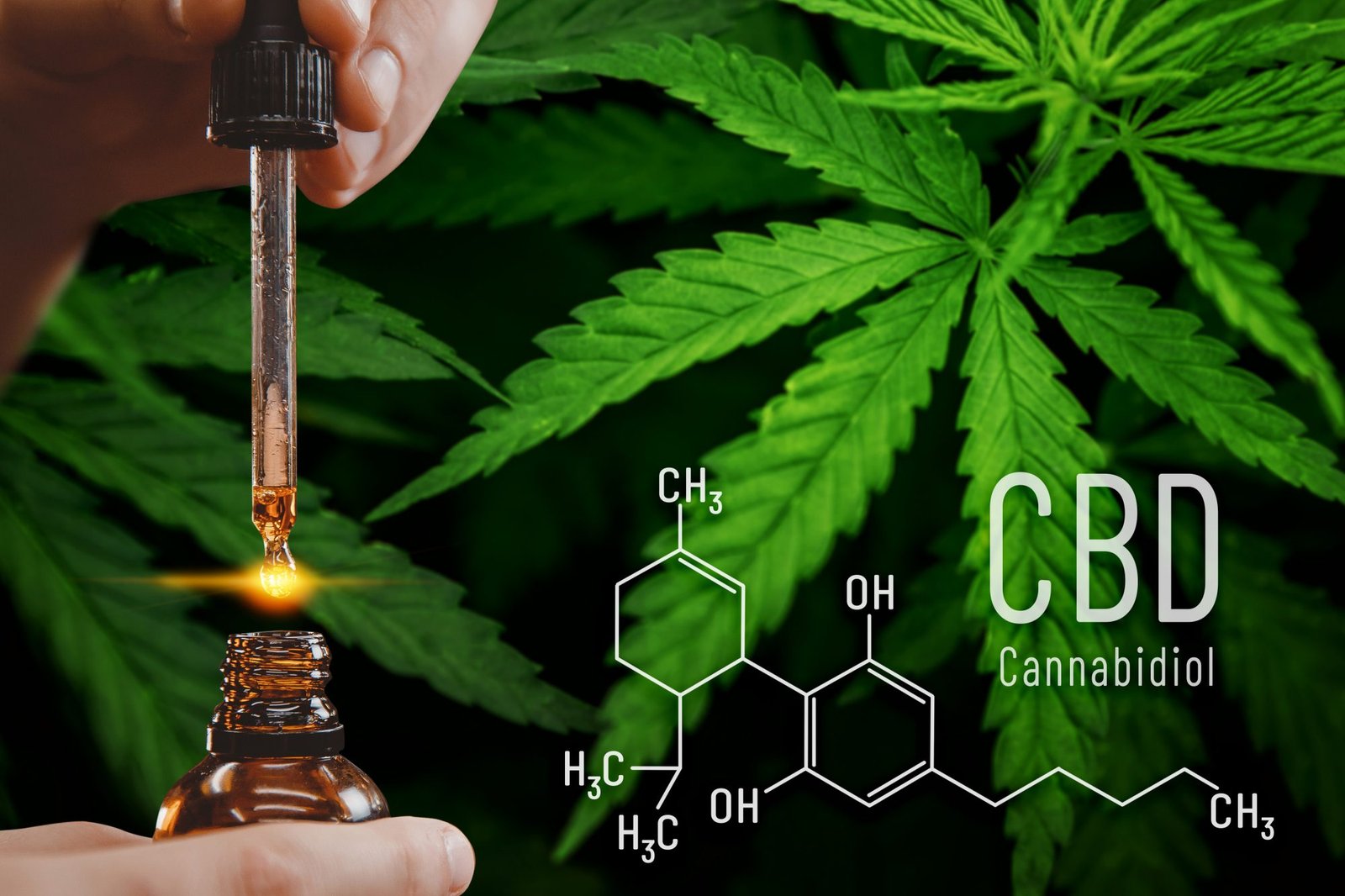
Soil, Sun, and Science
Hemp cultivation involves a deep understanding of soil composition, sunlight exposure, and botanical science. THC farmers employ techniques such as organic farming and sustainable practices to ensure the health and vitality of their crops.
Pest Control and Quality Assurance
Keeping the environment free of pests is essential to growing premium CBD hemp. THC growers safeguard their plants from pests and illnesses by using a blend of contemporary technologies and herbal therapies. Strict quality control procedures also guarantee product perfection.
Harvesting and Processing
For growers, harvesting and processing hemp high in CBD is a critical and painstaking procedure. To guarantee compliance with legal regulations, the process starts with the careful selection of hemp cultivars recognized for their high CBD content and low THC levels.
Usually, harvesting occurs in the late summer or early autumn, when the hemp plants are at their CBD content peak. To optimise CBD productivity, farmers need to be very aware of the best time to harvest. The plants are properly dried after harvesting to lower the moisture content and stop the formation of mould. The hemp biomass is processed to produce CBD oil after drying. Depending on the farm’s capabilities, this procedure may employ CO2 extraction or solvent extraction. After the extracted oil is refined to remove contaminants, a premium CBD product is produced.
The Harvesting Process
Harvesting CBD-rich hemp at the right time is an art in itself. THC farmers meticulously monitor the plants’ growth, looking for signs of peak cannabinoid production. Timing is crucial to maximise CBD content while minimising THC levels.
Extraction and Product Development
Following harvest, extraction processes are used for the hemp in order to isolate the CBD. CBD farmers with thc farmer collaborate with scientists and professionals to produce a wide range of goods, including edibles, topicals, tinctures, oils, and oils, to meet the diverse preferences of their clientele.
The Future of THC Farmers of CBD
Farmers of THC and CBD have both opportunities and problems in store for the future. These farmers are faced with a decision as the cannabis industry’s legal environment changes.
Because of the possible health advantages, CBD cultivation has gained popularity despite its non-psychoactive qualities. Thca seed is anticipated that the market for premium CBD products will grow, offering farmers who can achieve strict quality requirements new possibilities.
Hemp supply chaint will be essential to use sustainable and environmentally friendly farming practices. The cannabis industry must adapt to meet the needs of customers who are becoming more conscious about the environment.
Conclusion
The exploration of cannabinoids and CBD farming has shed light on the tremendous effects these amazing substances have on our lives and general well-being. By means of “Cultivating the Essence of Cannabinoids: The Farmer of CBD,” we have investigated the complex science and art involved in raising these plants in order to maximise their medicinal potential.
Growing CBD is more than just a business venture—it’s an example of how human creativity and the gifts of nature can come together. It represents the potential for economic expansion, sustainability, and alternative medicine. As our knowledge of cannabinoids grows, we are approaching the dawn of a new age in healthcare, one in which natural solutions are essential to fostering whole-body well-being.
FAQ
What is the Primary Difference Between CBD and THC?
CBD (cannabidiol) is non-psychoactive and is commonly associated with potential health benefits, while THC (tetrahydrocannabinol) is psychoactive and responsible for the “high” associated with cannabis.
Are THC Farmers of CBD Legal?
The legality of THC farmers varies by region. In areas where hemp cultivation is legal, THC farmers must obtain the necessary licences and comply with regulations.
How do THC Farmers Ensure the Quality of their CBD Products?
THC farmers implement strict quality assurance protocols, including pest control and lab testing, to ensure the safety and purity of their CBD products.
What are Some Emerging Trends in the CBD Industry?
Emerging trends include the development of novel CBD products, sustainable farming practices, and increased scientific research on CBD’s potential benefits.
Where can I Find High-quality CBD Products From THC Farmers?
Through a variety of internet merchants and nearby dispensaries, you may investigate an extensive selection of CBD items from reliable THC growers.
THC farmers continue to be the unsung heroes of the quickly developing CBD farming industry, providing customers all over the globe with the essential elements of cannabinoids. Their dedication to innovation, quality, and legality guarantees that CBD has a bright and hopeful future.

